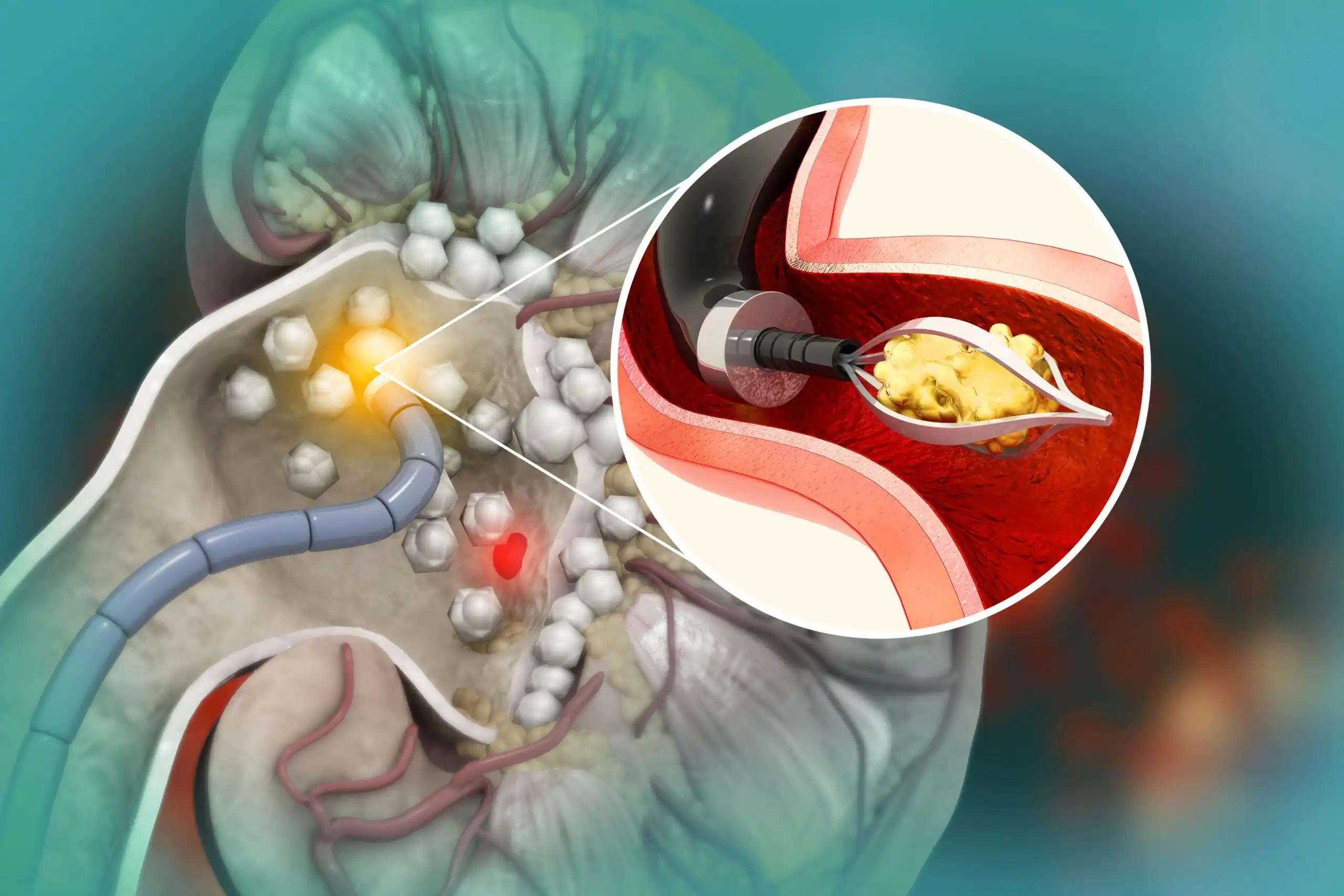KEY TAKEAWAYS
- The GARNET trial is a phase 3, multicenter, open-label study with a single-arm design.
- The study’s primary aim was to evaluate the ORR using a surrogate classification for EC in patients who received dostarlimab monotherapy.
- Patients were allocated to cohort A1 or A2 based on the local evaluation of their DNA MMR and MSI status.
- The ORRs in each cohort aligned with the ORR observed in each molecular subgroup, and no significant variations were detected based on the ER expression status.
- The molecular subtype was ascertained through the POLε and TP53 mutation status by Foundation Medicine, and the MMR/MSI status was determined through local IHC or next-generation sequencing.
- The study underscores the significance of determining MMR/MSI biomarker status in patients with endometrial cancer to indicate their responsiveness to dostarlimab monotherapy.
Biomarkers are employed for the categorization of EC into molecular subtypes, including TCGA and/or a surrogate classification (POLε mutated [mut], mismatch repair/microsatellite instability [MMR/MSI], TP53mut, and no specific mutation profile [NSMP]), or by estrogen receptor (ER) status. The researchers conducted a post hoc analysis of the objective response rate (ORR) using a surrogate classification for endometrial cancer (EC) in patients who received dostarlimab monotherapy. The GARNET trial is a phase 1, multicenter, open-label study with a single-arm design where patients were allocated to cohort A1 (EC with deficient mismatch repair and high microsatellite instability [dMMR/MSI-H]) or A2 (EC with proficient mismatch repair and stable microsatellites [MMRp/MSS]) as per the local evaluation.
The patient was administered 500 milligrams of dostarlimab intravenously every three weeks for four cycles, followed by 1000 milligrams every six weeks until disease progression, discontinuation, or withdrawal. The principal objectives encompassed objective response rate (ORR) and response duration as evaluated by a blinded independent central review. The molecular subtype was ascertained through the POLε and TP53 mutation status by Foundation Medicine. The MMR/MSI status was determined through local immunohistochemistry (IHC) or next-generation sequencing, while the remaining were designated as NSMP. The classification hierarchy entails the following: POLεmut as the primary determinant, followed by MMR/MSI, TP53 status, and NSMP. The patient’s emergency room status was determined through local immunohistochemistry testing. The biomarker assessment comprised solely of patients with available samples for supplementary biomarker testing.
The efficacy evaluable population consisted of 143 patients with deficient DNA mismatch repair (dMMR) or high microsatellite instability (MSI-H) and 156 patients with proficient DNA mismatch repair (pMMR) or microsatellite stable (MSS) status. The Oncotype Recurrence Risk (ORR) was determined by the molecular subtypes and estrogen receptor (ER) expression. The safety profile has been previously documented. The overall response rates (ORRs) in each cohort aligned with the ORR observed in each molecular subgroup. No significant variations were detected based on the ER expression status. The aforementioned observations underscore the significance of conducting examinations on patients with endometrial cancer to determine their MMR/MSI biomarker status, which can indicate their responsiveness. Furthermore, the available data indicate that the presence of TP53 mutation or ER expression should not alter the therapeutic strategy. The information is noteworthy for generating hypotheses.
Source:https://oncologypro.esmo.org/meeting-resources/esmo-congress/efficacy-of-dostarlimab-in-endometrial-cancer-ec-by-molecular-subtype-a-post-hoc-analysis-of-the-garnet-study
Clinical Trial: https://clinicaltrials.gov/ct2/show/NCT02715284
A. Oaknin, B. Pothuri, L. Gilbert, R. Sabatier, J. Brown, S. Ghamande, C. Mathews, D. O’Malley, V. Boni, A. Gravina, S. Banerjee, R. Miller, J. Pikiel, M.R. Mirza, T. Duan, X. Han, S. Zildjian, N. Dewal, J. Veneris, A.V. Tinker/Efficacy of dostarlimab in endometrial cancer (EC) by molecular subtype: A post hoc analysis of the GARNET study/Annals of Oncology (2022) 33 (suppl_7): S235-S282. 10.1016/annonc/annonc1054



